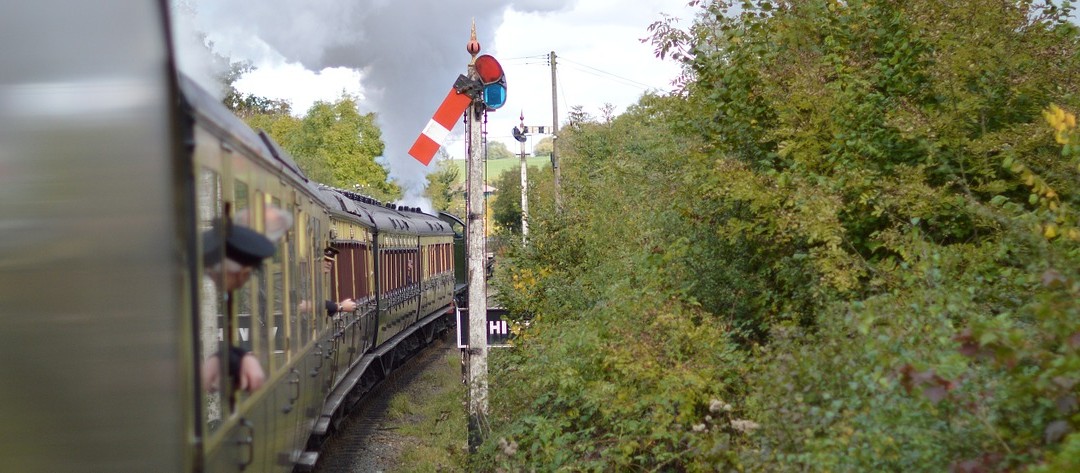Just as it is for every career choice, you need a few things before you set out on the path to become a train conductor — apart from the passion, a love for trains, a way to deal with people, and a host of other character traits.
Plus, you’d need a good standard of education to begin with – say, a basic graduation degree or GCSE’s, S-Grades, and good skills with math and English
While there are no formal requirements to become a train conductor, you’d need to pass tests for medicals, fitness, eyesight, color blindness, and hearing.
Despite all this, the actual openings with train conductor apprenticeships are fairly limited at any given point of time. That’s why we emphasize on developing a competitive edge for our applications.
What does a Train Conductor do?
Train conductors are often referred to as train managers or guards, or ticket inspectors.
But don’t let any of that nomenclature fool you – you are really a manager who also guards and issues tickets.
Plus, according to the Input Youth Website , you also do the following:
- Making announcements, giving information about approaching stations, the time of arrival and updating passengers about any delays.
- Providing information to passengers about connecting trains and dealing with queries.
- Dealing with any problems on the train, such as rowdy passengers.
- Operating the doors and making sure passengers get on and off the train safely.
- Looking after people who need particular help, such as children travelling alone, elderly people or people with disabilities.
Safety:
- Checking that equipment, doors and controls are working properly.
- Making sure the train is clean, safe and ready for departure.
- Using the brake in an emergency.
- Reporting and dealing with any on-train incidents
- In an emergency, looking after the welfare of the passengers.
Revenue protection:
- Walking through carriages en route, checking passengers’ tickets and making sure that they are valid for the journey
- Stamping tickets to show they have been checked.
- Where appropriate, selling tickets to passengers who do not already have them.
- Making sure passengers are sitting in the right area and the correct seats.
- Dealing with passengers who do not have tickets and are unable to pay on the train.
As of today, most of the train conductor jobs are concentrated on long-distance roués across U.K.
Are you interested in becoming a train conductor? What’s on your mind?


